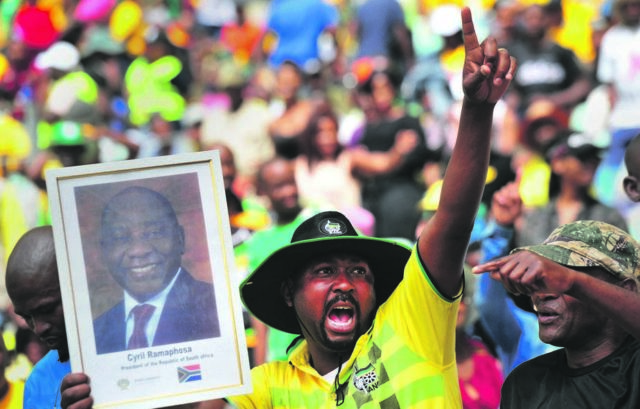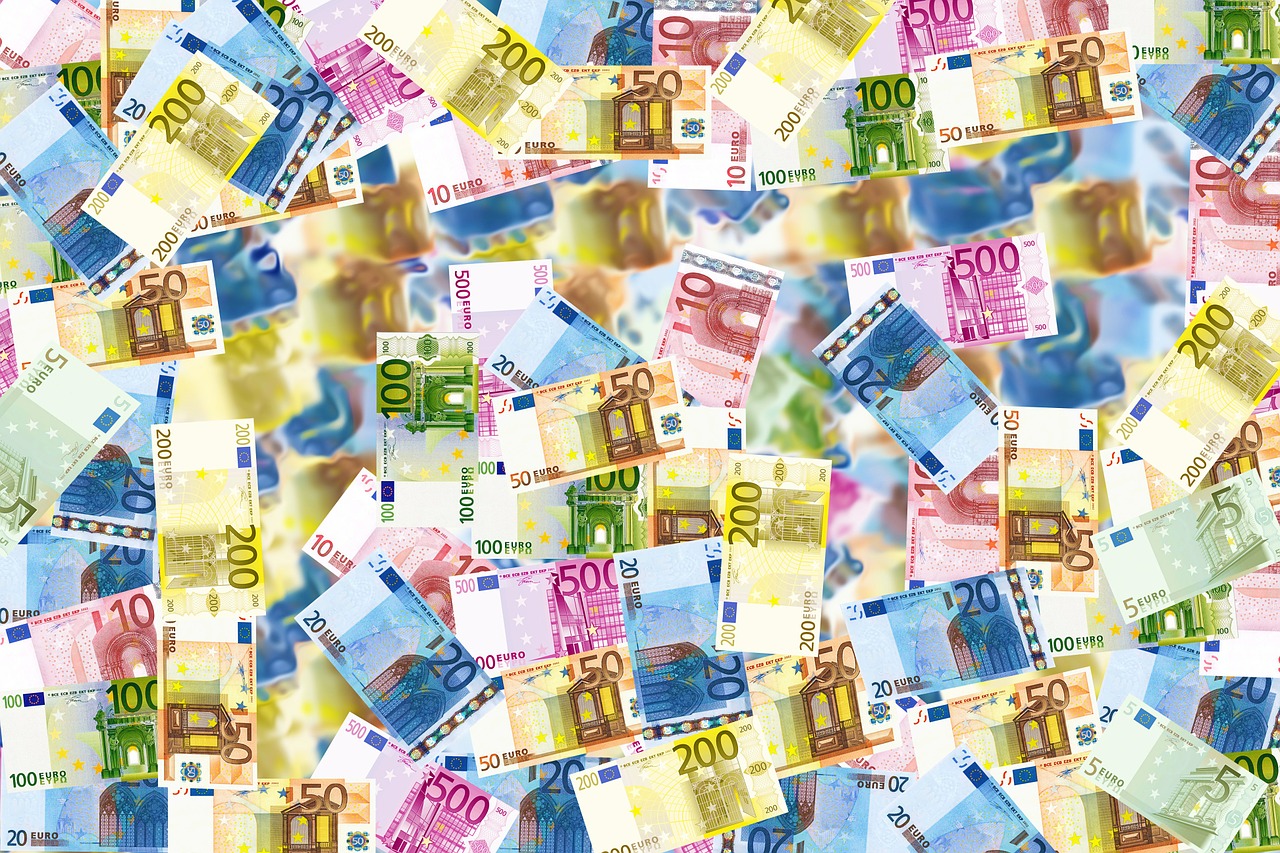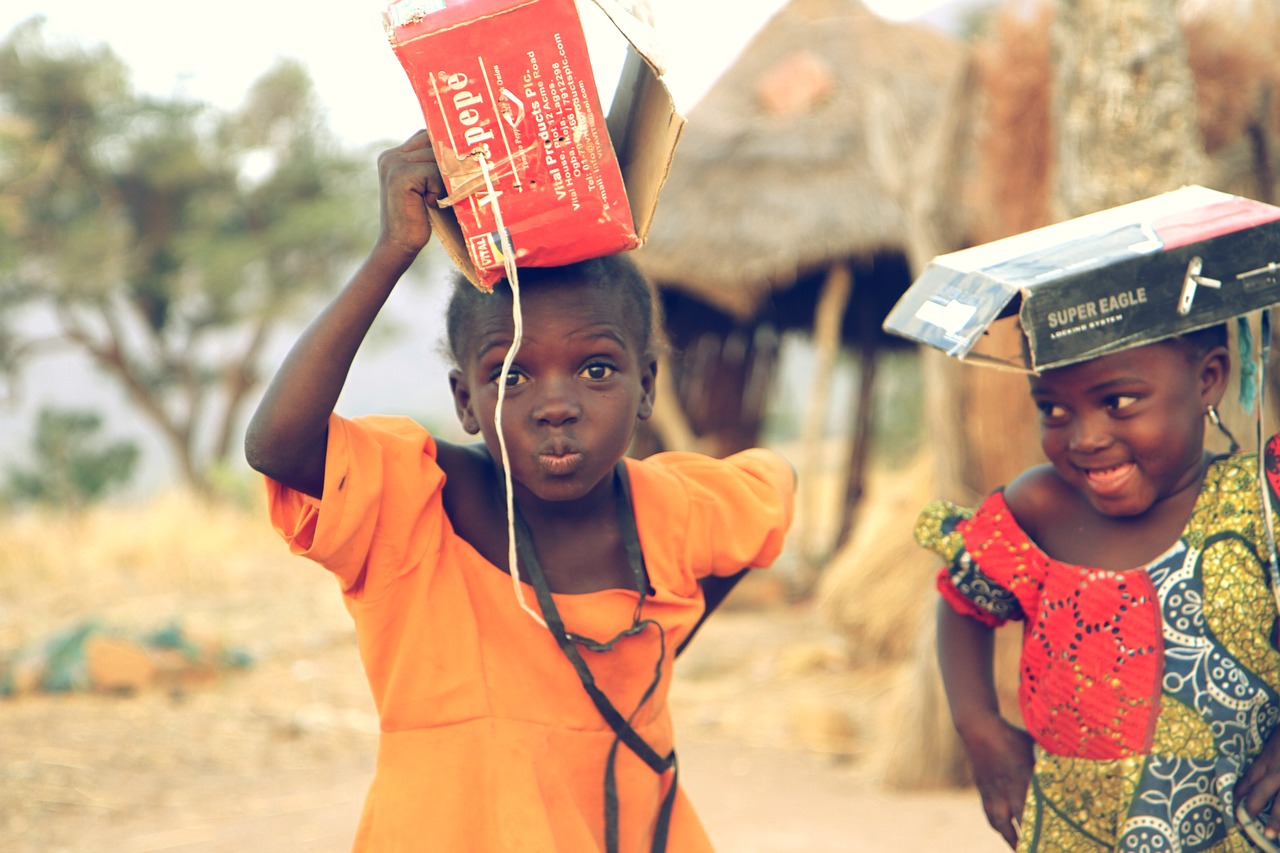After all the votes in the parliamentary election in South Africa have been counted, the final result is clear: The governing party ANC is allowed to continue governing. But the decision of the voters is clear.
The governing party ANC has won the parliamentary elections in South Africa – this confirms the published final result. 57.5 percent of voters voted for the party under ANC chairman and head of state Cyril Ramaphosa. The second largest force was the largest opposition party, the Democratic Alliance, with 20.8 percent. The Economic Freedom Fighters of former ANC official Julius Malema received 10.8 percent of the vote and became the third largest party. The turnout was 66 percent.
At the same time, the election outcome is also a memorial to the African National Congress. In 2014, the party of the freedom fighter and Nobel Peace Prize winner Nelson Mandela still won 62 percent of the vote. Never before has the ANC dropped below 60 percent. He has governed since 1994 since the end of apartheid in the country.
Corruption scandals weaken ANC
Especially in large cities such as Johannesburg and Pretoria, the party lost its approval. Nevertheless, she received in the local industrial province Gauteng the narrow majority of 53.2 percent. In the Western Cape region, which belongs to Cape Town, the Democratic Alliance was able to assert its majority.
Reasons for the loss of the ANC in the voter’s favor include corruption scandals and the large income differentials of whites and blacks. Especially the corruption under the former president Jacob Zuma harmed the party. Zuma ruled from 2009 to 2018 and was prematurely replaced by Ramaphosa in office. But also that 25 years after the end of racial segregation in South Africa is still a high unemployment prevails, meets with criticism of the voters. Power outages, lack of water and a high crime rate cause further displeasure among the citizens.
Ramaphosa announces reforms
Ramaphosa may remain in office for another five years as the ANC has enough seats in Parliament to confirm him. That the ANC did not lose more votes than expected is attributed to Ramaphosa. He now has to master great challenges: Within the party rages a bitter power struggle. Many candidates on the ballot are considered hardliners who reject Ramapho’s reform plans.
The head of state had announced a crackdown on corruption, economic reforms and the rehabilitation of dilapidated state-owned enterprises, as well as a faster implementation of land reform. Party members, however, doubt that he can meet the goals set.




